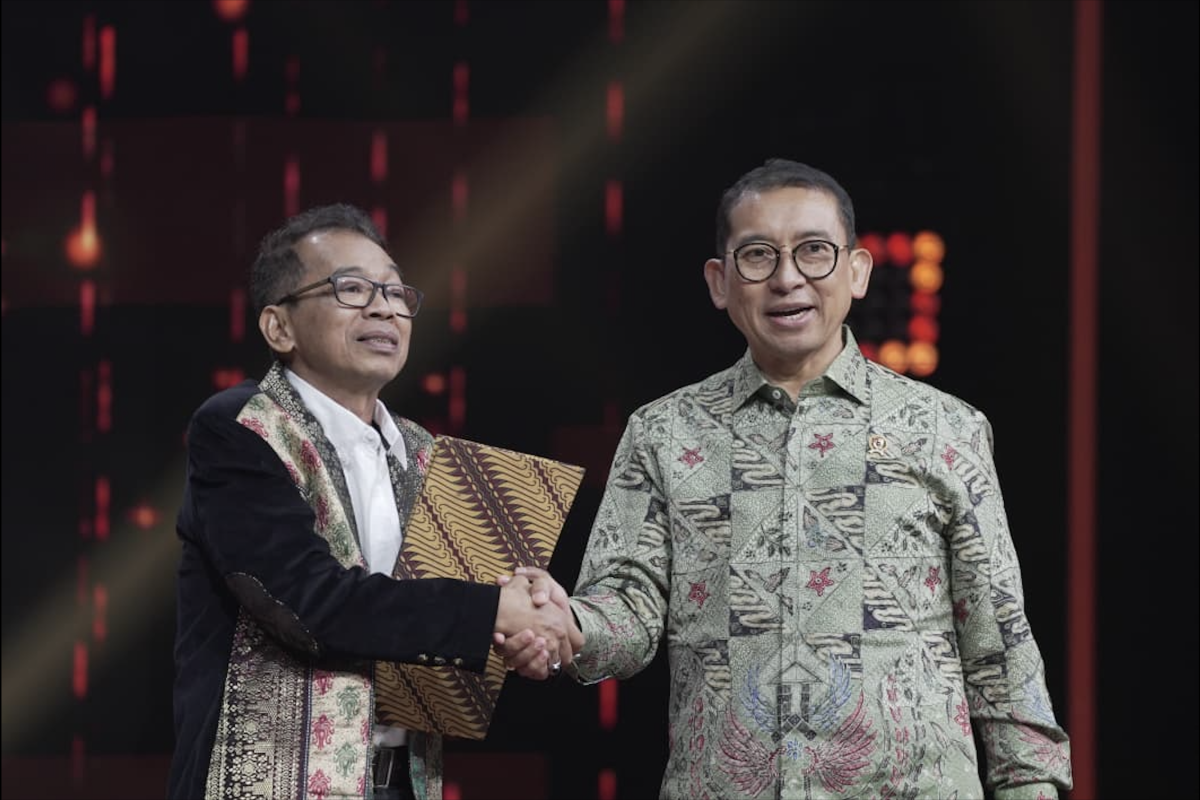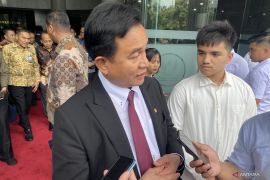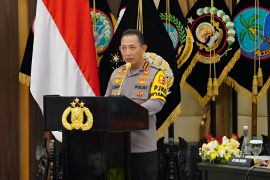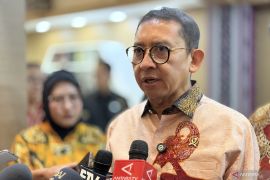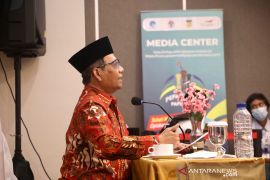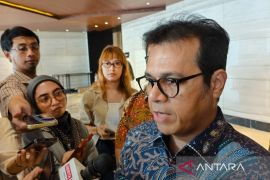Indonesia is considered one of the world’s most cheerful nations—at least based on how often its people smile. The Global Emotions Report 2025 reveals that around 90 percent of Indonesian respondents said they smiled or laughed the day before the survey was conducted.
Minister of Culture Fadli Zon recently announced that the government has designated September 27 as National Comedy Day.
The date coincides with the birthday of Bing Slamet, a legendary comedian, singer, actor, and cultural icon. The designation is a tribute to the late maestro.
Beyond honoring a cultural figure, National Comedy Day is also intended to help preserve Indonesia’s comedic heritage.
Various traditional Indonesian art forms are infused with humor, such as Lenong from the Betawi culture, Ketoprak Humor—a comedic spin on Central Java’s traditional Ketoprak drama—and Ludruk from East Java.
The jokes in these performances are not merely for entertainment. They often carry messages of wisdom and subtle criticism directed at those in power.
Comedy, not a trivial matter
Comedy is one of the safest ways to address serious issues. It is more than just entertainment—it can be a mirror or even a weapon used to satirize power and expose social absurdities.
It can also deliver sharper social criticism than a newspaper editorial—without causing confusion or offense.
Satirical humor often resonates more deeply than direct criticism, which may be rejected, deemed offensive, or even punished under defamation laws. Comedy can deliver the same message in a lighter, more digestible way.
Take, for example, a joke from a well-known stand-up comedian known for roasting public officials: “Sir, you’re like the Wi-Fi signal in government offices—present, but impossible to connect to.”
The joke, which drew roaring laughter from the audience and even from the official himself, wasn’t mere ridicule—it was a critique of perceived unresponsiveness.
Some politicians today have begun to realize that being roasted by comedians can actually enhance their public image—provided they respond with grace and take meaningful action in return.
Minister Zon acknowledged that comedy can serve as a neutral platform for government criticism—as long as it's expressed respectfully and without personal offense.
When delivered through comedic art, such criticism can take the form of satire or engaging content that encourages public discourse.
From Warkop DKI to stand-up comedy
During the New Order era, the comedy group Warkop DKI was known for weaving social and political commentary into their skits. In the 1980s, the group Bagito also emerged, offering material that reflected real social issues.
At the time, there were generally two streams of comedy: safe slapstick and light entertainment, or subtle satire crafted to avoid crossing political lines. Television content was tightly controlled by the Ministry of Information.
Even so, it was rare—perhaps unheard of—for comedians to be imprisoned during that era over their jokes, although Bagito reportedly received warnings for politically sensitive material.
In recent years, Indonesia has seen a surge in stand-up comedians, whose performances often make audiences both laugh and think. The content varies widely but is usually carefully prepared.
Stand-up comedy offers greater expressive freedom, but it also carries risk. Indonesia’s Information and Electronic Transactions Law (UU ITE) has been used to report and prosecute comedians.
One notable case involved Gilang Bhaskara, who faced legal action for allegedly insulting religion through his material.
At the same time, a portion of the public still struggles to distinguish between jokes meant as social commentary and those perceived as personal attacks—leading to heated debates on social media.
Appreciating criticism through comedy
If comedy is indeed an effective channel for public communication, then humor-based criticism should be treated as constructive input—not a threat.
Instead of reporting comedians, public officials would do better to respond with openness and treat these messages as opportunities for reflection.
The public, too, must recognize that not all jokes are meant to offend. By understanding the context, we can respond to comedy more maturely and avoid being easily provoked.
Comedians, in turn, bear a responsibility to keep their criticism sharp without descending into hate speech or personal attacks—especially against vulnerable groups.
National Comedy Day should serve as a reminder that comedy is more than entertainment. It is a form of public communication and a legitimate way for people to critique authority and express social concerns.
Of course, not all comedy needs to carry a message. Sometimes, we simply need a good laugh to lighten the load.
Related news: Comedy as a neutral platform for criticism and inspiration: Minister
Related news: Indonesia declares September 27 as National Comedy Day
Editor: Rahmad Nasution
Copyright © ANTARA 2025
